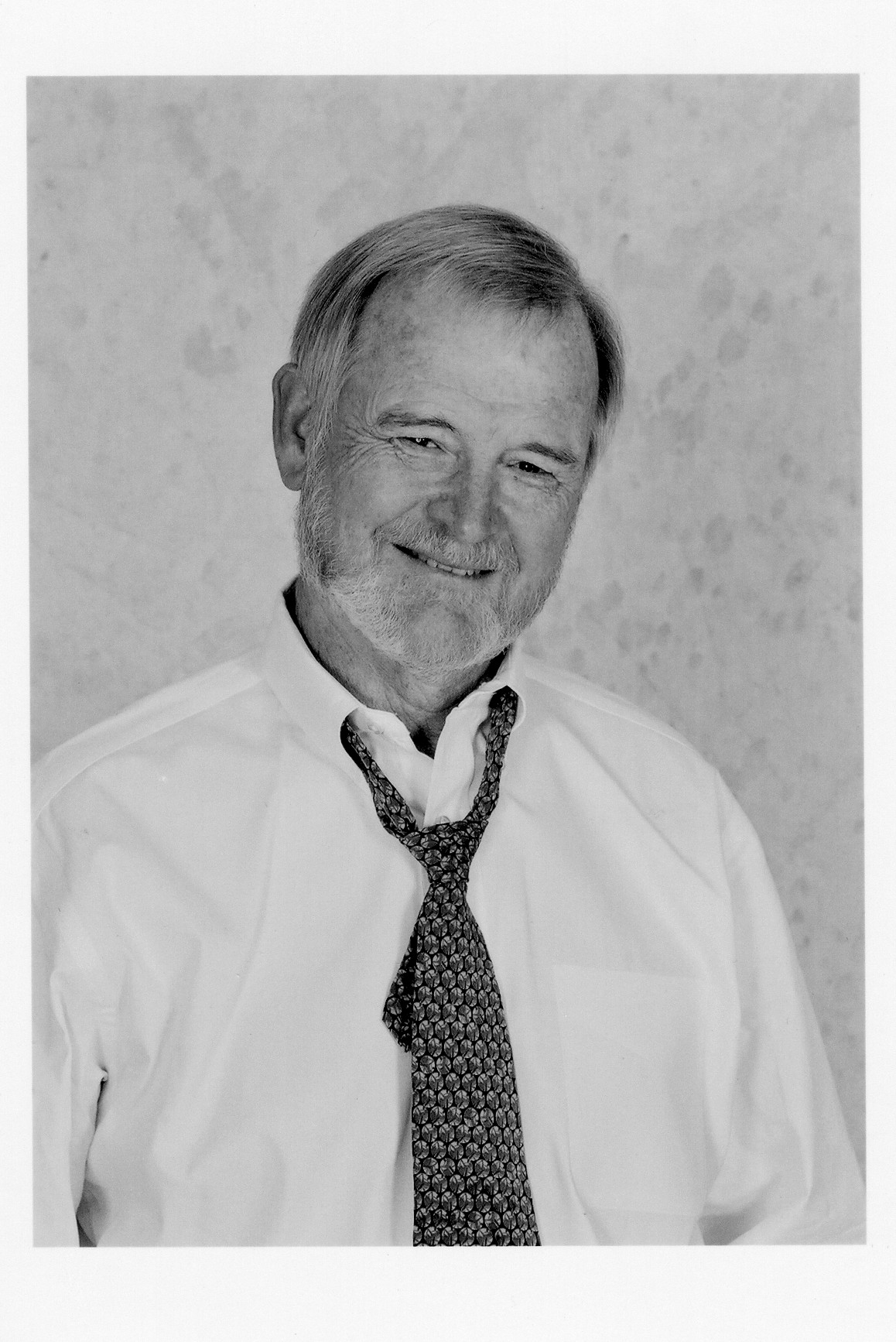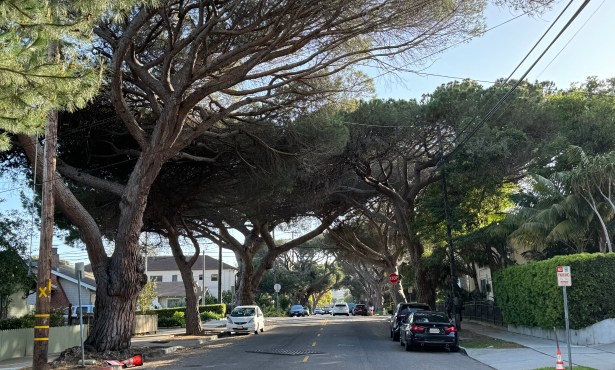‘Delay’ Is a Double-Edged Sword
Some Call It Taking the Time to Prepare a Good Defense
Retired Judge Denise de Bellefeuille’s commentary on the on-going discussion about the causes of an alleged “culture of delay” in Santa Barbara’s criminal justice system are certainly interesting and on-point to a degree. However both Judge de Bellefeuille’s editorial and Public Defender Tracy Macuga’s observations in the Santa Barbara Independent article “The Cost of Santa Barbara Superior Court’s ‘Culture of Delay'” may be read by some as an allegation that delay is inherently harmful to the cause of the accused, especially the indigent accused. The further implication of this is that the “system” has created a process almost purposefully harmful to these folks.
In evaluating this thought, it is important to consider the manner by which such clients obtain counsel. In 99 percent of the cases, the first meeting is at the arraignment. No discussion has taken place between the lawyer and client; no “discovery” has occurred; no actual charges have been seen. In the most serious cases (felony matters, for example) it is an ethical and practical imperative that time be obtained for the new lawyer to read the reports, read the complaints filed, talk to the client, investigate the allegations, and talk to family and others.

On any given arraignment calendar there will be dozens of new clients seeking the appointment of an attorney. Just gathering reports, hastily reviewing them, talking to the accused, and evaluating bail or other appropriate motions needed in the case takes time. Trying to speed this up is counter to the interests of justice for both the accused and the people of the state.
So perhaps the cause for delay is “culturally driven,” but that culture is arguably the end product of historic experience and accumulated knowledge. Our Constitution protects this right as “due process.”
In my decades of practice I observed numerous efforts to expedite the pace of criminal law. Almost universally these efforts meant that the accused should sacrifice something. The bail reform of a couple of decades back, which made it affordable for poor people to post bail early, was eviscerated. Bail schedules set by judges raised the amounts to be posted. Both of these acts kept people in custody before arraignment, cynics would say, to pressure them to plead early.
And if they did not plead early, sentences would often be increased. It became a specific and judicially authorized consideration to authorize harsher punishment for defendants who opted to stand on their presumption of innocence and to litigate the charges against them. Defendants, in patent violation of their right against self incrimination, the presumption of innocence, and the attorney-client privilege, have been compelled to give the prosecution their defenses and the identity of their witnesses. For the accused people who insisted on filing motions to suppress evidence or dismiss counts or to challenge the legality of the process itself, additional charges would be filed by prosecutors and tolerated by judges.
In the name of expediting the process, the size of juries is being reduced (which narrows the scope of the “peers” hearing the evidence), and the unanimous verdict requirement for conviction has been undercut in some jurisdictions. Almost always there is an instinct to press public defender attorneys to work extraordinary hours when the courts are crowded. Seldom are they granted the time to prepare in the normal business day.
Concurrently, the State Legislature increased the penalties for crimes, which made the risk of litigation more dangerous for accused people. Lawmakers, in the Legislature and the voters via the initiative process, also took away procedures that traditionally exposed prosecution shortcomings. For example, true preliminary hearings were eliminated; traditionally, the hearing evaluated the credibility of witnesses.
To this day, ideas that would speed the process somewhat — but might make it more difficult for the prosecutor to convict — go unconsidered, for example, limits on retrials when juries hang or restrictions on the addition of charges after the case has been filed. Resources made available to prosecutors (such as special places for their witnesses to await court and special counselors to advise them) have not been given to the defense, which delays the presentation of that side of a case. And so forth.
So while there is cause for concern regarding the criminal justice system, as always, the solution to the perceived problems of our criminal courts should not be to compromise or adulterate our constitutional rights as is so often the proposal. The adversary system has been proven to be the best machine for reaching a just result. Removing confrontation and due process protections in the name of expediency is not the answer.
Glen Mowrer was Santa Barbara County Public Defender from 1975 to 1999.



